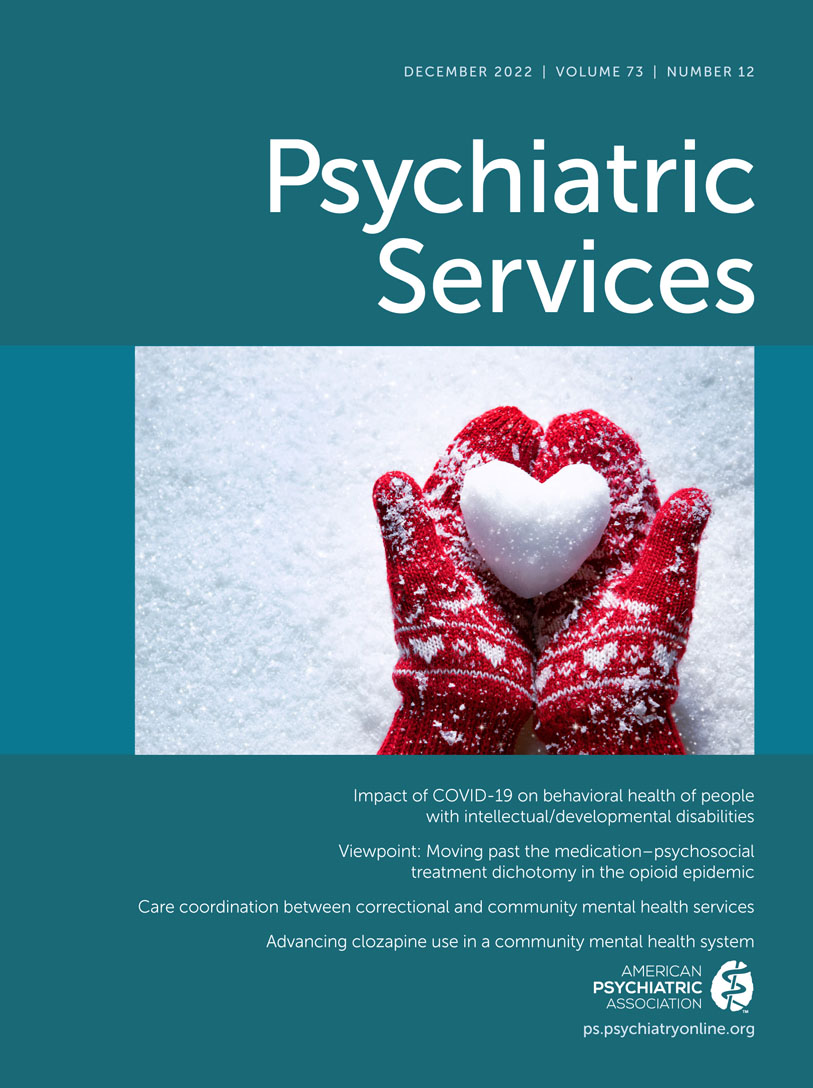Peer Support Specialist Work and Experiences During the COVID-19 Pandemic: A National Longitudinal Study
Abstract
Objective:
The study followed up with peer support specialists (PSSs) responding to an earlier survey to assess the pandemic’s continued employment and personal effects.
Methods:
A December 2020 online survey was conducted with respondents to a May 2020 survey. Items on employment status, work tasks, challenges, support, and benefits were included. Responses were analyzed with descriptive and inferential statistics.
Results:
A total of 496 PSSs completed both surveys. Unemployment remained at 7%. The proportion with full-time employment increased by December, but financial instability also increased. Tasks involving individual support and group facilitation, which had decreased significantly, rebounded somewhat by December, when nearly all PSSs (86%) reported having some new tasks. Job satisfaction remained stable and high. In both surveys, about 75% reported pandemic-related benefits. Symptoms and housing instability among clients increased.
Conclusions:
Pandemic-related PSS unemployment was relatively stable, and work tasks evolved. Respondents reported increasing needs among clients, as well as pandemic-related work benefits.



